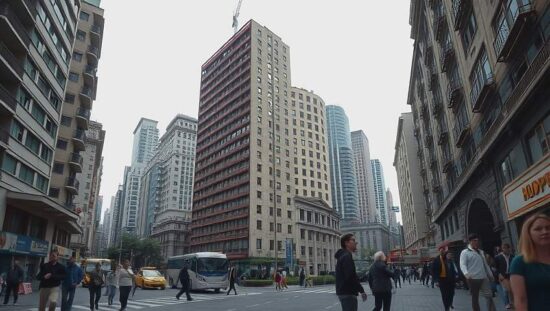A significant rift is emerging within Germany’s ruling coalition, with ten SPD parliamentarians distancing themselves from Chancellor Scholz and demanding a clearer strategic vision from CDU leader Friedrich Merz regarding the nation’s urban development challenges. The disagreement, revealed in a document obtained by “Der Stern”, underscores growing anxieties about the government’s approach and risks exacerbating existing political divisions.
The SPD lawmakers, including Deputy Parliamentary Group Chairman Armand Zorn, Foreign Policy spokesperson Adis Ahmetovic and transport policy expert Isabel Cademartori, have articulated an eight-point plan for a “social, safe and solidarity-based urban landscape”. They are advocating for a joint parliamentary resolution or a dedicated “City of the Future” summit hosted at the Chancellery to formally address the issues.
The core of the disagreement stems from what the SPD members characterize as a misdiagnosis of the problems plaguing German cities. They specifically accuse Chancellor Scholz of fueling resentment with “unclear formulations” in response to recent debates. The document argues that reducing the complexities of urban challenges to questions of asylum, flight and migration actively obstructs finding effective solutions. Instead, the SPD lawmakers emphasize the need to adopt a broader understanding of safety, prioritizing preventative measures over exclusionary policies.
Beyond security concerns, affordable housing is identified as a “social key question” with a commitment to eliminating homelessness by 2030. The plan also calls for strengthening the powers and resources of local governments, promoting inclusive mobility solutions and accelerating digital infrastructure development.
The intervention highlights a growing concern within the SPD that the CDU’s perspective and the Chancellor’s response, are oversimplifying complex urban issues and potentially alienating vulnerable communities. The call for a formal parliamentary process signals a desire to force a more collaborative and comprehensive approach to shaping Germany’s future cities, a process some observers believe is politically necessary to maintain coalition stability and public confidence.





